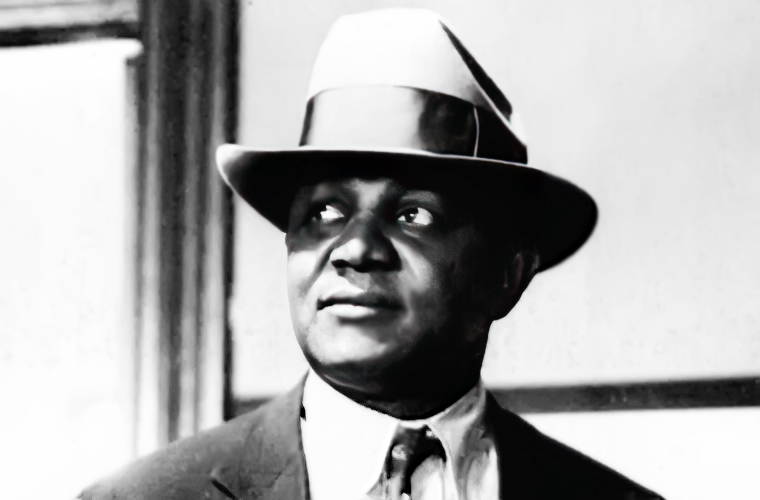Casper Holstein was a prominent African-American businessman and philanthropist who played a key role in the development of Harlem in the early 20th century. He was also known as the “Bolito King” for his involvement in the numbers game, a form of illegal lottery that was popular among the black community.
Holstein was born in 1876 in St. Croix, then part of the Danish West Indies. He moved to New York City in 1894 and worked as a porter, waiter, and bellhop. He also served in the US Navy during the Spanish-American War. He became interested in the numbers game after observing how it operated in Cuba and Puerto Rico. He started his own operation in Harlem, using his connections and charisma to attract customers and agents. He also devised a system to calculate the winning numbers based on the last three digits of the daily New York Stock Exchange transactions.
Holstein amassed a fortune from his numbers business, which he used to support various causes and organizations in Harlem. He donated money to build schools, hospitals, churches, and libraries. He also funded scholarships for black students, supported anti-lynching campaigns, and contributed to the Harlem Renaissance. He was a patron of many artists, writers, and musicians, such as Langston Hughes, Zora Neale Hurston, and Duke Ellington.
Holstein faced many challenges and dangers from his involvement in the numbers game. He was arrested several times by the police, who tried to crack down on his illegal activities. He was also targeted by rival gangsters, such as Dutch Schultz and Lucky Luciano, who wanted to take over his territory. In 1928, he was kidnapped and held for ransom by a group of gunmen. He was released after paying $50,000, but he never revealed the identities of his captors.
Holstein retired from the numbers game in 1934, after a truce was brokered between the different factions. He continued his philanthropic work until his death in 1944. He was buried in Woodlawn Cemetery in the Bronx, where his tombstone reads: “He helped others.”

